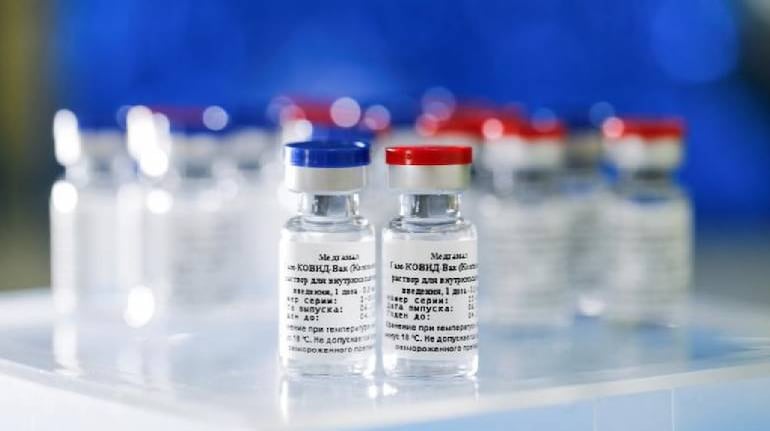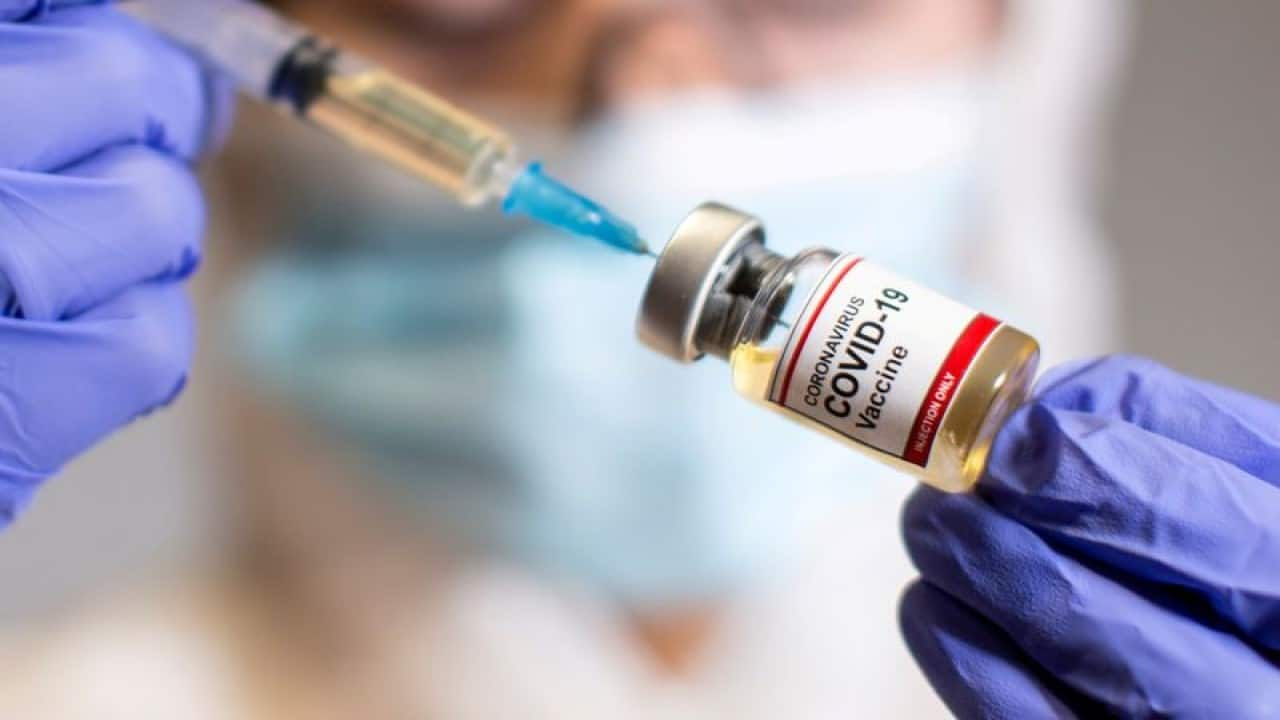COVID-19 Vaccine | After Pfizer, SII, Bharat Biotech Seeks Emergency Use Authorisation For Its Covaxin
Bharat Biotech's vaccine candidate was in the news recently after Haryana minister Anil Vij, who had volunteered for the trial and was administered a dose, had tested positive for COVID-19.
Dec 7, 2020 / 10:08 PM IST
the DCGI is likely to make a decision on their applications for emergency approval in another two weeks.(Image: Reuters)
After Pfizer and the Serum Institute of India (SII), Hyderabad-based Bharat Biotech has applied to the Drugs Controller General of India (DCGI) for emergency use authorisation of its COVID-19 vaccine, Covaxin, PTI reported.
On December 6, SII had applied to DCGI for emergency use authorisation for AstraZeneca-Oxford COVID-19 vaccine in India.
Follow our LIVE blog here.
Earlier, the Indian arm of US pharmaceutical giant Pfizer had become the first company to seek a similar approval from India's drug regulator for Pfizer/BioNTech vaccine against COVID-19, after securing such clearance in the UK and Bahrain.
Sources also told CNN-News18 that a Subject Expert Committee is likely to meet on December 9 to discuss applications of Pfizer, SII as well as Bharat Biotech.
According to news agency PTI, the Central Drugs Standard Control Organisation (CDSCO) will also meet on December 9 to evaluate their applications.
Bharat Biotech's vaccine candidate was in the news recently after Haryana minister Anil Vij, who had volunteered for the trial and was administered a dose, had tested positive for COVID-19.
Read: Why Haryana Minister Anil Vij Who Volunteered For Bharat Biotech's COVID Vaccine Trial Tested Positive?
Vij was the first volunteer of Covaxin's phase-3 trial in Haryana which started in November. Bharat Biotech is testing the vaccine in a late stage trial on 25,800 volunteers across the country.
As far as the other two candidates are concerned, according to reports, the DCGI is
likely to make a decision on their applications for emergency approval in another two weeks.












_2020091018165303jzv.jpg)



























